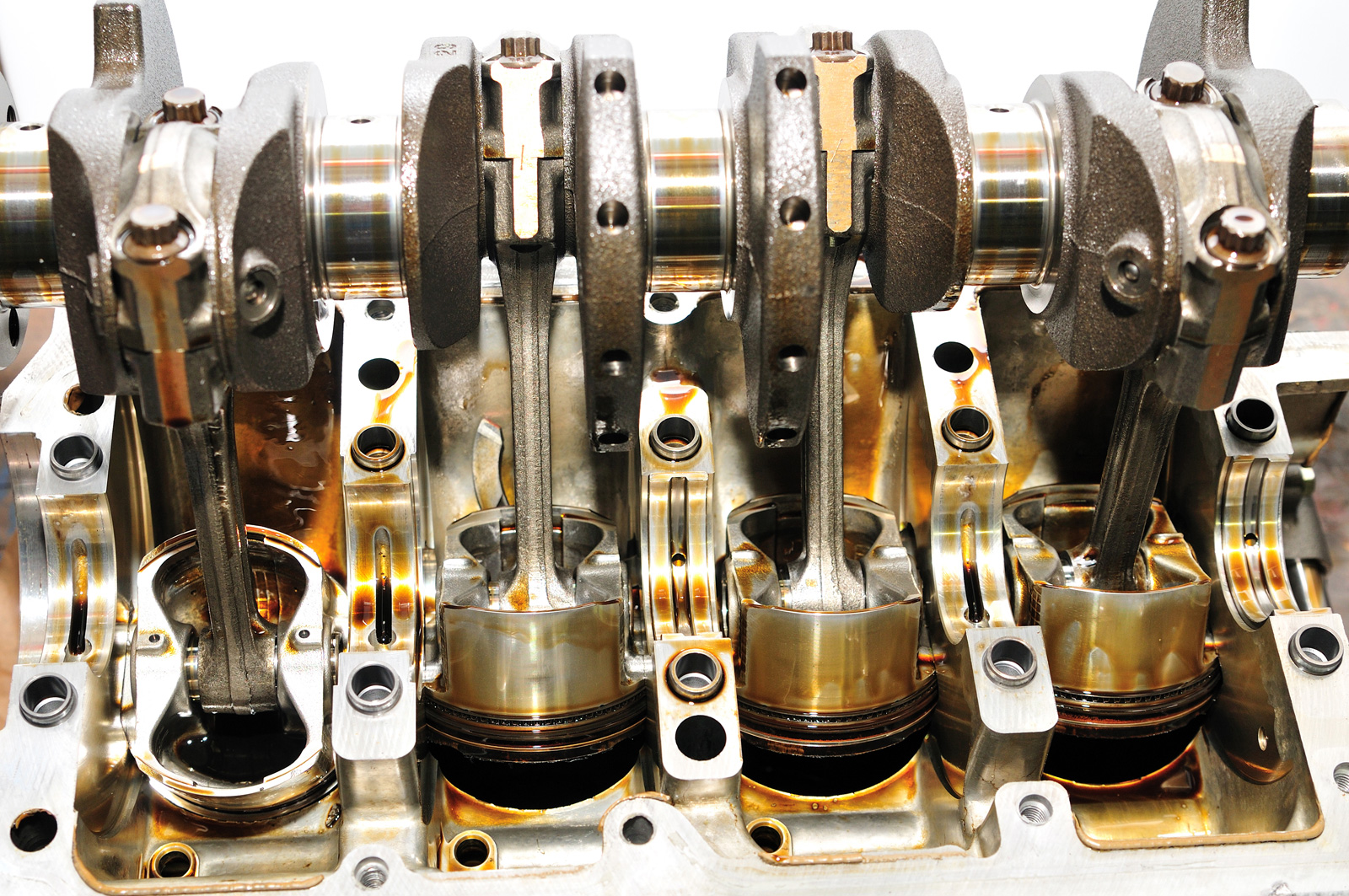You don’t need to be an engineer or a mechanic to understand that an engine needs oil, but how much can you tell someone about the properties of oil and their effect on an engine’s performance? Although oil is one of the most basic fundamentals of running an engine, a surprisingly small amount of enthusiasts fully understand what it’s made of or how it works – they simply check the manufacturer’s recommendation and buy an oil of their choice with the appropriate rating. While there’s nothing wrong with that, it’s always good to understand what you’re getting into, especially if you plan on boosting your car’s performance to levels far beyond the factory spec, where a different oil can make a world of difference in performance.
We had a long talk with Gork Ma of Speclube to get some expert knowledge and know-how on the subject of oil and its effect on engine performance. “The most important thing of what defines an oil is actually base stock – the actual oil itself,” says Ma. “Depending on the quality of the base stock, you can then add certain types of additives to help enhance certain properties.”
He goes on to explain mineral oils and their problems: “Mineral oils are typically grouped as group one, group two, maybe even group two plus, and that’s the oil that you suck out of the ground, you refine it and try to get it to a similar viscosity. The problem with mineral oil is that they don’t heat very well and they break down very easily, which is why they turn to sludge. The other thing, too, is the bonds between the molecules aren’t very strong, so they shear very easily. If you think about inside an engine, there are a lot of shearing forces because you have pistons moving around, cranks spinning around bearings, and that’s physically trying to rip the oil apart.”
The susceptibility to shearing, as well as the low resistance to heat and pressure are the driving forces (no pun intended) behind the shift to synthetic oils as time went on and scientific advances were made. Ma continues on to explain the benefits of a synthetic oil. “Because synthetic oils are man-made, the molecules themselves are all uniform – they’re all the same size. The bonds between these molecules are so much stronger, so they can take heat, they can take pressure, they’re resistant to shearing, all because they’re more uniform and there’s less friction,” he explains. “That’s why typically when people switch to a synthetic, they say that the car runs quieter and smoother, or that it revs nicer. It also improves fuel economy and results in a cleaner engine. It’s just better!”
Synthetic oils took a giant leap forward during World War II thanks to the German invention of ester oils. Originally developed strictly for jet engines, it’s apparent that heat and pressure tolerances would be incredibly high, but that’s not the only reason that ester oils made their way to automotive use. “The other good thing about esters is that they’re polar. There’s a positive and a negative on the molecule. If you think bout it, engines (aside from all-aluminum engines) have some kind of metal in there. Because the ester’s molecules are polar, they’ll actually stick onto the metal,” explains Ma. “There’s always going to be an oil film covering all the metal components. This is especially important with camshafts because the oil pressure doesn’t start to build up into the camshaft area until the car has been running for a little bit. Oil pressure builds very quickly in an engine using ester-based oils because there’s a coating of oil on everything.” Of course, with such an advancement, the price point for ester oils jumps far beyond a good synthetic oil. Ultimately, it’s up to the consumer to decide what they want or to evaluate what their engine demands.
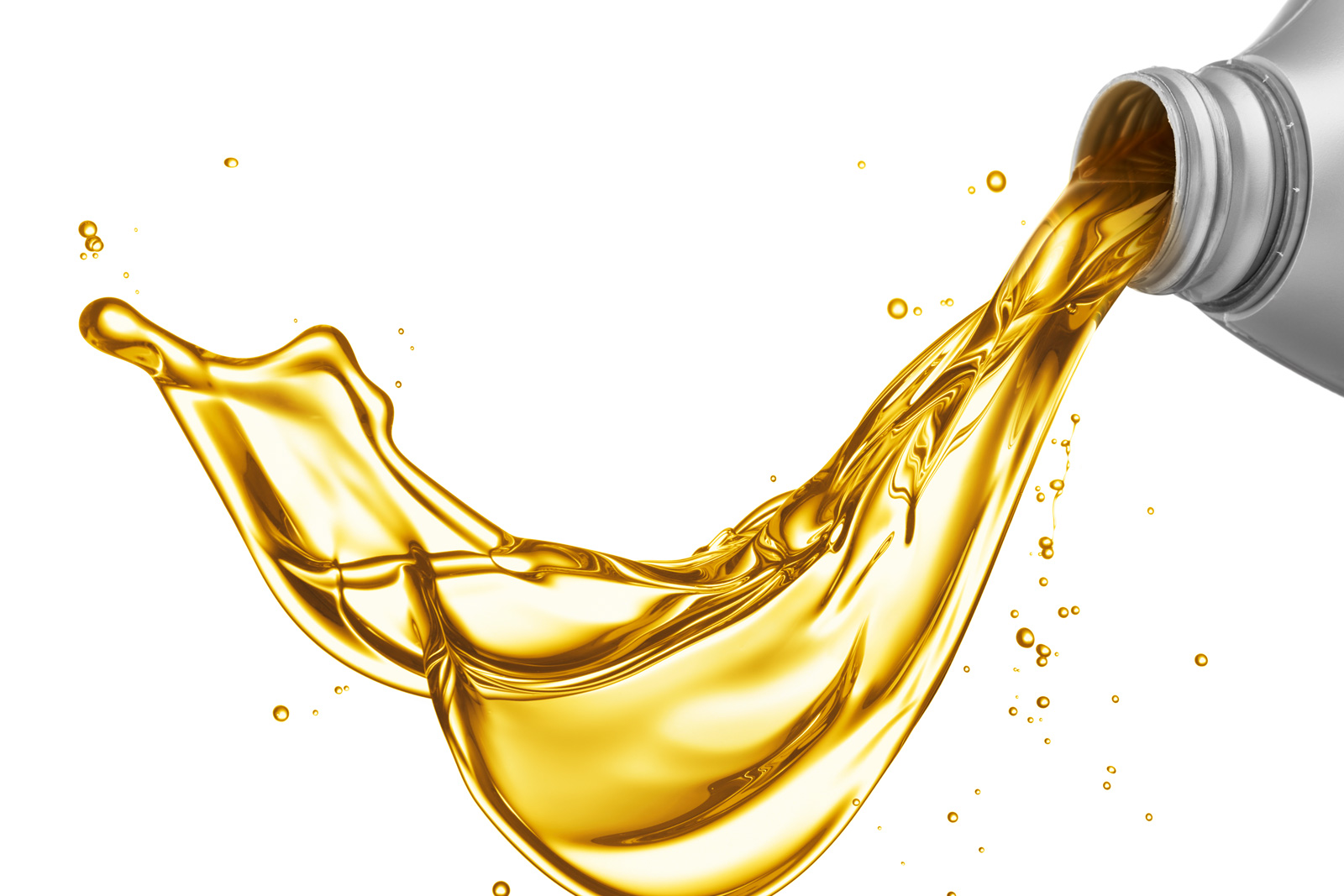 When it comes to automotive applications, synthetic oil will trump the usage of mineral oil every time, and the reason for this lies within their molecular makeup. Because synthetic oils are man-made in laboratories, the molecules that comprise the oil are uniform, which means they can handle heat and pressure much better than a conventional mineral oil. “In a laymen’s analogy to describe the difference between a high performance synthetic oil and a mineral oil would be cooking with butter versus oil. Butter burns and smokes very easily because it can’t take heat and pressure very well. If you were to use an olive oil, you can heat it right up and it won’t smoke or burn because it can take the heat.” However, the dividing line between synthetic and mineral oils has been blurred.
When it comes to automotive applications, synthetic oil will trump the usage of mineral oil every time, and the reason for this lies within their molecular makeup. Because synthetic oils are man-made in laboratories, the molecules that comprise the oil are uniform, which means they can handle heat and pressure much better than a conventional mineral oil. “In a laymen’s analogy to describe the difference between a high performance synthetic oil and a mineral oil would be cooking with butter versus oil. Butter burns and smokes very easily because it can’t take heat and pressure very well. If you were to use an olive oil, you can heat it right up and it won’t smoke or burn because it can take the heat.” However, the dividing line between synthetic and mineral oils has been blurred.
Ma mentioned that oils are grouped differently depending on their properties and levels of additives. He explained that mineral oils are considered “group I”, “group II”, or even “group II+” at best, whereas synthetic oils are “group IV and up”. So what makes up the in-between with “group III”? I’ll let our oil expert explain where this gap comes from. “On the market these days, there are consumer brand synthetics that are all classified as group three oil. What that means is they take mineral oil and they basically super clean it to get it as clean as they possibly can by removing waxes and heavier components to call it a group three.” This process, often decried as dishonest, and the subsequent legal battle that ensued would change the oil industry at the consumer level forever.
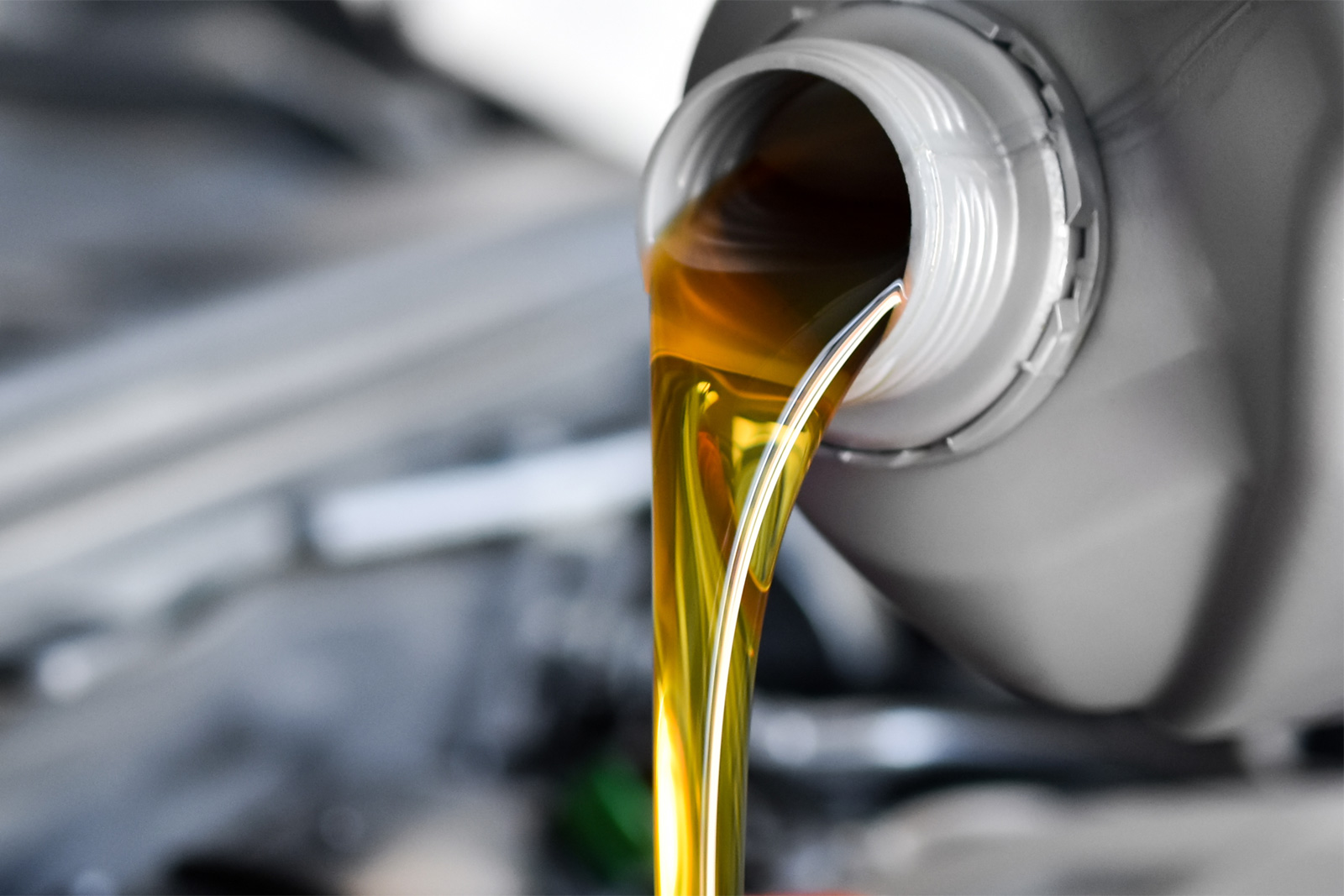 About 20 years ago, a certain oil company was selling their synthetic product for $20 per liter, and so was the competition. Suddenly, seemingly out of nowhere, the price of the competitor’s oil dropped to almost half of the price. Curious as to how this was possible, one oil company looked into the competitor’s now half-priced oil to discover that they were selling super-cleaned mineral oil branded as ‘synthetic’. They took that competitor to court, but the U.S. courts declared that because there was enough man-made influence in super-refining that oil, it could be labeled and sold as ‘synthetic’.
About 20 years ago, a certain oil company was selling their synthetic product for $20 per liter, and so was the competition. Suddenly, seemingly out of nowhere, the price of the competitor’s oil dropped to almost half of the price. Curious as to how this was possible, one oil company looked into the competitor’s now half-priced oil to discover that they were selling super-cleaned mineral oil branded as ‘synthetic’. They took that competitor to court, but the U.S. courts declared that because there was enough man-made influence in super-refining that oil, it could be labeled and sold as ‘synthetic’.
Acknowledging and understanding this information is important when choosing the right oil for your high-powered performance car. Ultimately, the true synthetic oils still reign supreme when it comes to providing lubrication at the lowest resistance to your engine. Remember to be mindful of oil weight, especially if you live in an area with varying or extreme temperatures. The easier it can push the oil around with low resistance, and the more pressure it can take, the better your engine can function. After all, oil is the lifeblood of your car’s heart. Treat it well. #pasmag
Related Articles
 Liqui Moly Top Tec 6200 SAE 0W-20
Liqui Moly Top Tec 6200 SAE 0W-20
 From Ordinary to Extraordinary: Jaiden Zheng's Liberty Walked E92 M3
From Ordinary to Extraordinary: Jaiden Zheng's Liberty Walked E92 M3
 LIQUI MOLY and Liberty Walk Strengthen Global Partnership With Merch Collab
LIQUI MOLY and Liberty Walk Strengthen Global Partnership With Merch Collab
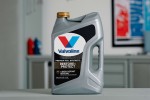 Valvoline's Revolutionary Restore & Protect Motor Oil
Valvoline's Revolutionary Restore & Protect Motor Oil
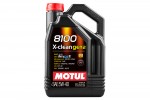 Motul 8100 X-Clean 5W40 GEN2 Synthetic Oil
Motul 8100 X-Clean 5W40 GEN2 Synthetic Oil
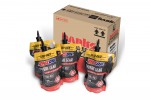 AMSOIL Partners with Banks Power as First-Fill Lubricant for Patented Differential Covers
AMSOIL Partners with Banks Power as First-Fill Lubricant for Patented Differential Covers



